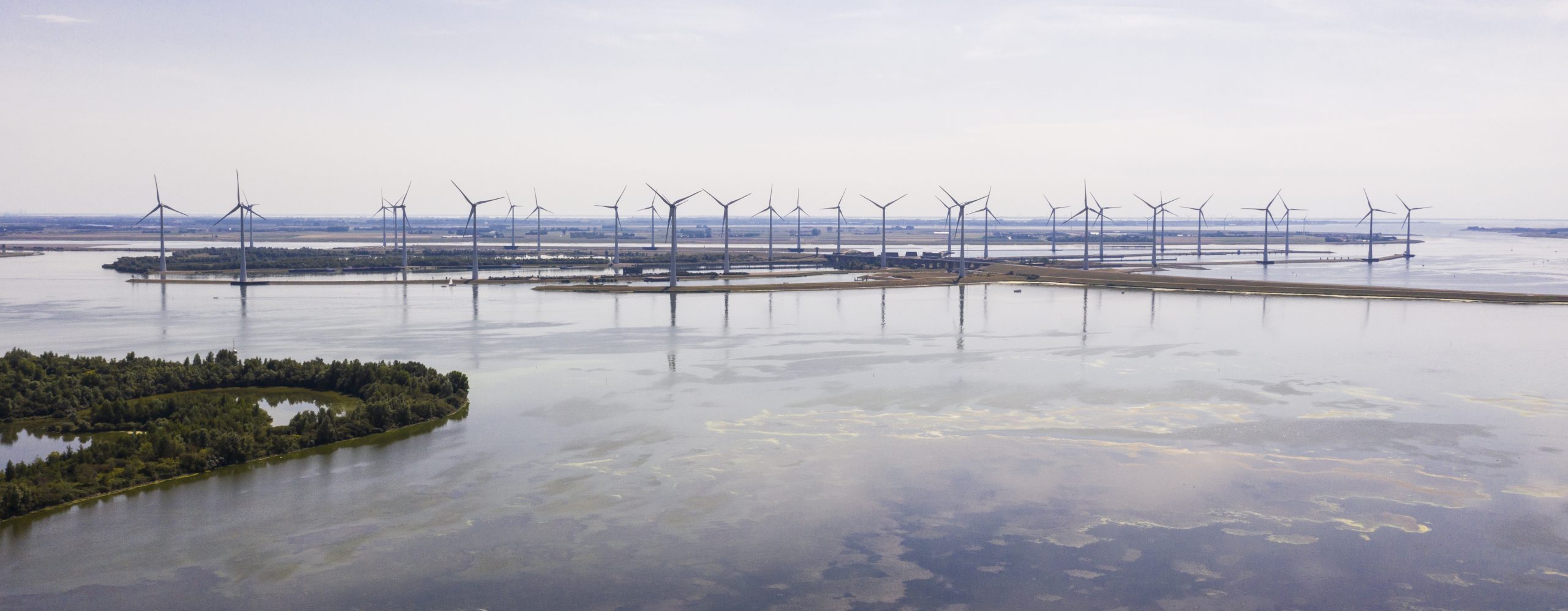
Avignon declaration Water Energy Nexus
The Water Energy Nexus (WEN) refers to both the relationship between the water used for energy production and the energy consumed to extract, purify, deliver, heat/cool, treat and dispose of water and wastewater.
Challenges for water management in the Water Energy Nexus
EUWMA recognizes Climate change effects as a future challenges, as it is causing, and will continue to, cause increased need to pump water for irrigation and drainage. More energy and more efficient use of energy will be required to meet this pumping need in addition to water saving, storage and reuse. In order to overcome these challenges, water boards need to focus on changing their role and behaviour in the WEN and should most importantly invest in energy efficiency practices and strategies. To change their practices while focusing on developing a strategy for the Water and Energy Nexus, water boards should uptake the use of renewable energy, to produce their own energy. Eventually, Water boards could potentially play an important role in producing sustainable and affordable energy, especially in rural areas. Additionally, another element that is linked to the Water and Energy Nexus is energy efficiency. Doing so, by using more efficient pumps for water management in to lower the energy consumption and thus tackle the problem of increasing energy costs. Long term investment plans are needed.
Dealing with the challenges for water management in the Water Energy Nexus
To limit climate change effects EUWMA members exchanges and transfers mitigation outcomes that will better enable water boards across Europe to adapt to the changing conditions due to climate change. Furthermore, Water boards manage the common good and contribute to rural development by producing renewable energy: Renewable energy is often produced decentralized in rural areas and is consumed most efficiently in regional energy management. “Water is not a commercial product” as the Water Framework Directive (WFD) clearly states and can be seen as a common good crucial for life in general and rural development in particular. At last, the Water boards will have to focus more on issues related to the Water and Energy Nexus. EUWMA member experts identified that water boards producing their own renewable energy, and using flexible pumping during low tariff periods could enable them to act as load partners in the volatile renewable energy market. To enable the full potential of the Water and Energy Nexus cooperation within EUWMA to foster innovation and solutions is key.
https://euwma.org/wp-content/uploads/2024/02/DT-versie-Avignon-declaration-Water-Energy-Nexus-1.pdf